Death is indeed a strange experience. One can be very objective about it as long as it does not touch our lives in a personal way. Being a doctor, I have dealt with hundreds of deaths in my professional life. One is easily philosophical about it and learns to cope with it as an everyday occurrence that one cannot live without. Only when a close family member or a friend dies, do we truly understand the pain and suffering that death brings along with it. Age really does not matter and one has to learn to deal with the sorrow, the pain and the readjustments that death of a close one brings. I have known many people who have had to change their careers, work locations or postpone major decisions after the death of family member. Young Narendra too had to deal with death early in his life. The situation was quite challenging and it could very well have changed Narendra’s future if he had allowed himself to be despondent.
It was in the early part of 1884 that he had to come face to face with the grim reality of the world. What a shock it must have been for this light-hearted and spirited young man! It was February 25th and he was in Baranagar at that time. After a long day of singing devotional songs and discussions with his friends, he had retired to bed at around 11 pm. At about 2 am, his friend Hemali came with the news that his (Narendra’s) father had suddenly died of heart failure. Overwhelmed by the news, Narendra rushed back to Calcutta. His mother, two younger brothers and sisters were weeping beside the body of his father which lay on a cot. Naren was dazed and could neither speak nor weep at first. Later on he burst into tears and being the eldest son, had to attend to the funeral rites and perform all the obsequies.
His father Vishwanath Dutta had contracted a severe urinary disease and had recently suffered a heart attack too. Though the doctors had advised him bed-rest, work pressures did not allow this to happen. On the day of his death, he had gone out for some work. On returning home, he complained of chest pain and rubbed some medication onto his chest. He continued to work but had a bout of vomiting and soon died at around 10 pm. The irony of the situation was that he had planned on selecting a bride for Narendra the next day, but fate had willed otherwise. Vishwanath’s death left the family in a desperate condition since he was the only earning member. Narendra had to now take on the family responsibilities and find a way to live through this crisis. One can only imagine what he must have gone through. On one hand, the influence of Sri Ramakrishna and his desire for spiritual upliftment, and on the other hand the practical necessity of taking on the worldly duties of a responsible son. Glimpses of his true character can be seen in the way he negotiated through these difficult times. Coping with all this without compromising on his intent meant straddling with his feet in two boats. His strength of character and resolve helped him see through this and immensely contributed to his evolution from Narendra to Swami Vivekananda.

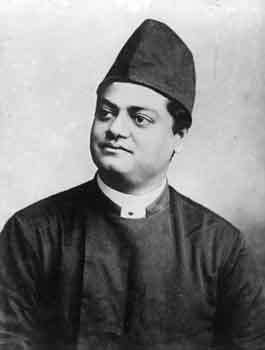
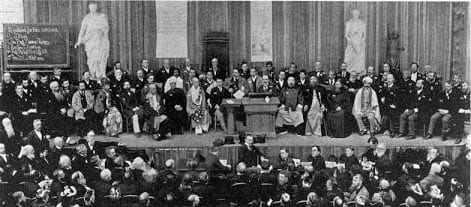
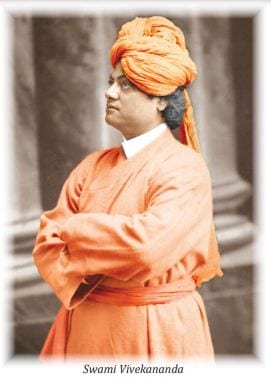
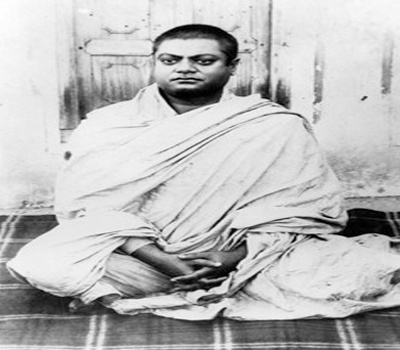

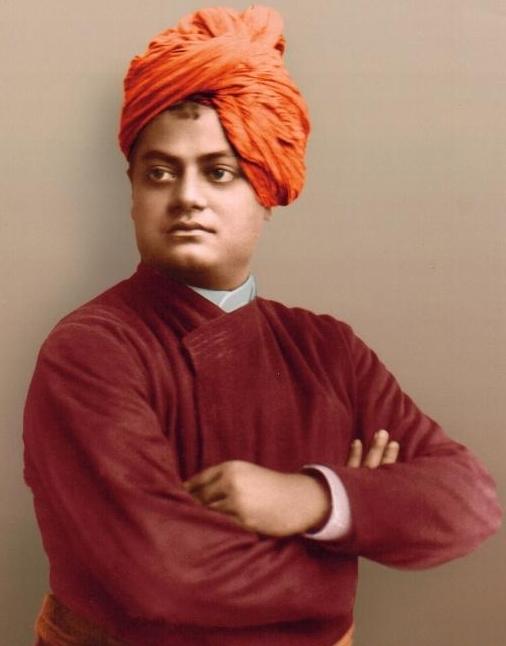
Leave A Comment